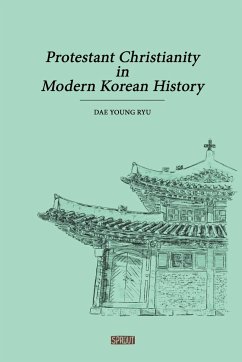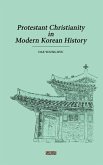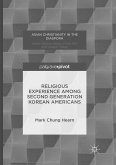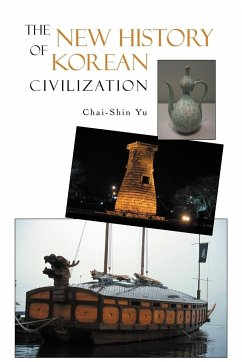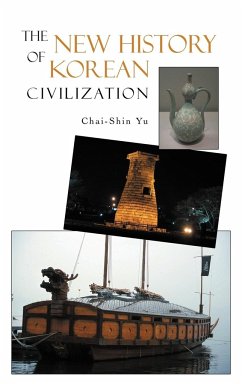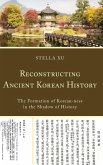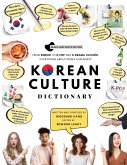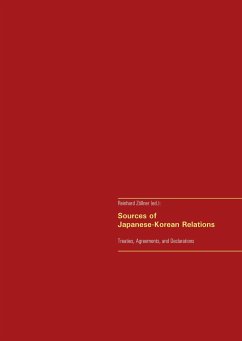This book is a collection of articles that Professor Dae Young Ryu, a leading authority on the history of Korean Protestantism and the author of A History of Protestantism in Korea, wrote. The fourteen articles offered are grouped into five categories: The Origin and Characteristics of Korean Protestantism; American Missionaries and Late Joseon Korea; the Japanese Imperial Cult and American Missionaries in Colonial Korea; Church and Ideology in South Korea; and Christianity in North Korea. Each group contains from two to four related articles or chapters. The timeframe for the book ranges from the inception of Korean Protestantism in the late 19th century to its recent developments in the 21st century. It covers a wide range of topics, including, missionaries, diplomacy and international relations, theology, church and state, religion and political ideology, and North Korean Christianity. The approach is predominantly historical. Although the central subject matter of the book is Korean Protestantism, the narratives often extend outside the Korean Peninsula to explain its origin, characteristics, and role in modern Korean history. This book reveals the important role that Protestant Christianity played in the course of modern Korean (including North Korean) history, the reasons for having that role, and its profound consequences. Also noted is the deep and enduring influence of American religion and politics on Korean Protestantism. The chapters are basically academic; however, general readers will find them both readable and illuminating.

